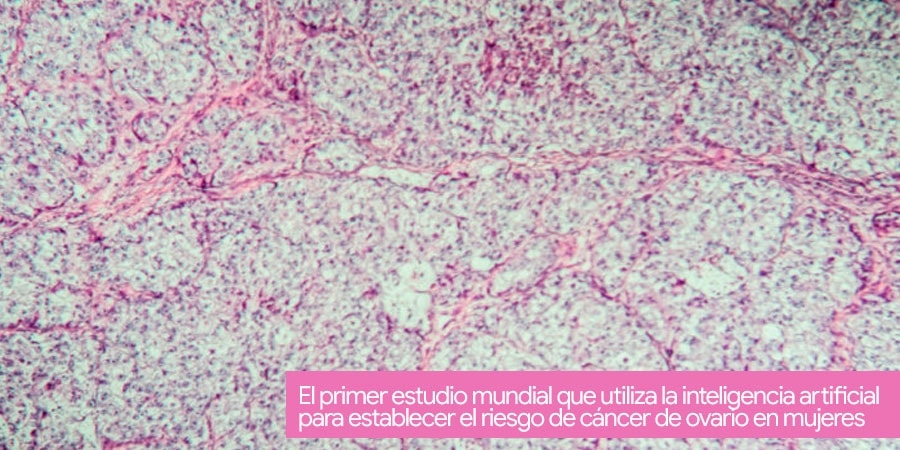
The world’s first study using artificial intelligence to establish the risk of ovarian cancer in women
The world’s first study using artificial intelligence to establish the risk of ovarian cancer in women
The University of South Australia will lead a world-first study, using artificial intelligence, to establish the risk of the most aggressive reproductive cancer in women worldwide so it can be detected and treated earlier.
Professor Elina Hypponen, an internationally renowned nutritional epidemiologist, and a team from UniSA’s Australian Center for Precision Health have received $1.2 million from the Federal Government to establish the genetic and physical risk of ovarian cancer, according to health records of 273,000 women from the UK Biobank.
A machine learning model, which automatically analyzes data to identify patterns of risk, is expected to accurately predict which women will develop ovarian cancer in the next 15 years.
Ovarian cancer is usually diagnosed very late due to its nonspecific symptoms and few known causes. The five-year survival rate is less than 30% for women with advanced-stage cancer and 80% for early-stage patients.
Therefore, if the number of patients who are diagnosed with the disease in its early stages could be increased, the survival rates of ovarian cancer could be greatly improved. In turn, if women who are most at risk can be identified, they can be triaged for more intensive screening, improving early detection and prognosis.
Genes, diet, and lifestyle all come into play and the researchers say a bioinformatics-based approach could reduce the incidence of ovarian cancer. There’s also some research to suggest that you might even be able to modify your ovarian cancer risk through diet.
The four-year project will pinpoint which factors may increase or decrease ovarian cancer risk, with a special focus on metabolomics, the small molecules involved in breaking down fats for energy.
Scientists believe that changes in lipid metabolism are biomarkers of ovarian cancer and will also explore hormonal data and blood biomarkers to better predict risk.
Globally, this is the first and largest study of ovarian cancer to include such a comprehensive analysis of risk factors. Therefore, significant advances are expected in a very short time in the causes, detection, and prevention of ovarian cancer.

![[:es]Telemedicina Médico remoto en España NOTICIA[:]](https://drlucasminig.com/en/wp-content/uploads/telemedicina-medico-remoto-doctor-espana-lucas-minig.jpg)
![[:es]La quimioterapia hipertérmica intraperitoneal (HIPEC), no es útil en mujeres con cáncer de ovario[:]](https://drlucasminig.com/en/wp-content/uploads/quimioterapia-hipertermica-intraperitoneal-no-util-cancer-de-ovario.jpg)
![[:es]Vacuna Contra VPH reduce cáncer de útero[:]](https://drlucasminig.com/en/wp-content/uploads/vacuna-contra-vph-noticias-dr-lucasminig.jpg)
![[:es]Investigan cómo prevenir el cáncer de ovario. Doctor Lucas Minig[:]](https://drlucasminig.com/en/wp-content/uploads/prevenir-cancer-de-ovario-mujeres-con-alto-riesgo-drlucasminig-investigacion.jpg)
